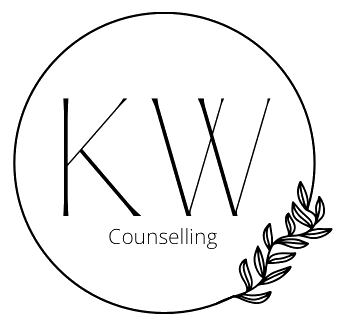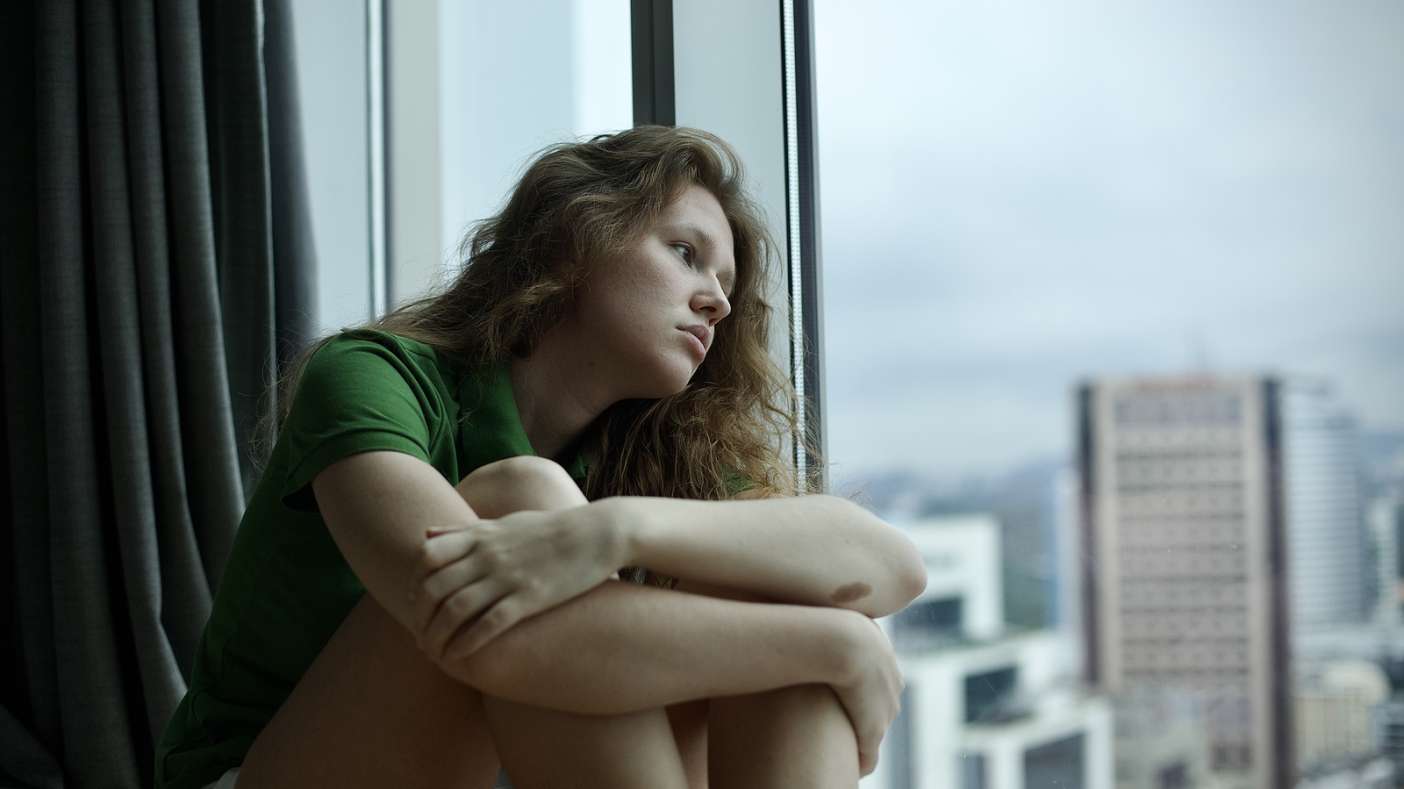Have you had symptoms of anxiety when you don’t feel anxious? This can be worrying, especially when you don’t know how to control it. What causes this phenomenon? If anxiety is a feeling, how can someone be anxious without consciously experiencing anxiety? Is unconscious anxiety harmful? We answer these puzzling but important questions in the paragraphs below.
What is Anxiety?
Let’s start with the basics: What exactly is anxiety?
Anxiety can be broken down into four components:
- Negative emotions such as worry or unease about a situation that has an unpredictable outcome.
- A set of physical symptoms that include increased heart rate, dry mouth, muscle tension, sweating, and sleep disturbances.
- Persistent behaviours that indicate excessive vigilance, such as being startled easily, being suspicious of others, checking the environment for threats (including physical, psychological and social threats, and avoiding situations that could contain threats.
- Thoughts or worries that are hard to control. These thoughts may be so intrusive that it is difficult to concentrate on anything else.
- Emotional Effects:
o Mood swings: rapid changes and extremes in mood
o Depression: chronic feelings of sadness, hopelessness, and even despair
o Irritability: lower tolerance for frustration, including relatively minor irritants
o Reactivity: getting angry or upset more easily - Physical Effects:
o Sleep disturbances: difficulty falling or staying asleep; restless and unsatisfying sleep
o Muscle tension, especially in the neck, shoulders, and back.
o Frequent headaches, including migraines
o Gastrointestinal problems: indigestion, loss of tolerance for certain foods, nausea, constipation, or diarrhea - Behavioural Effects:
o Avoiding situations, places, or people that make you anxious, even if you’re not consciously aware that they make you anxious
o Procrastination on tasks that make you uneasy, even if you don’t know why they make you feel this way
o Compulsive Behaviors such as excessive checking, cleaning or organizing in an attempt to quell the anxiety - Cognitive Effects:
o Trouble concentrating on tasks
o Forgetfulness and impaired memory
o Indecisiveness, even when it comes to inconsequential things
o Persistent negative thoughtsWhat Causes Unconscious Anxiety?
All sorts of things can cause anxiety, from short-term stresses to longer-term conditions such as generalized anxiety disorder. Anxiety can become unconscious when you live with it for long enough that you learn to work around it, repressing or ignoring some of the symptoms and compensating for others. However, learning to “live with it” doesn’t mean it isn’t affecting you. The negative impacts can even build up over time, resulting in greater and greater challenges for your health and functioning. A much better approach is to address the anxiety itself.
How to Deal with Unconscious Anxiety
Once you’ve become aware of your unconscious anxiety, you’re already on the journey to healing. To go further, you will need to work on the underlying cause of your anxiety, which takes patience and time. Here are some steps you can take:
- Identify your anxiety triggers: What things do you avoid or procrastinate doing? Why do you avoid them? What is going on in your life when you have trouble sleeping or have other physical symptoms? What thoughts run through your head? What is behind your feelings of depression, irritability, or anger?
- Increase your awareness: It can be difficult to focus when you’re experiencing anxiety, but practicing mindfulness and meditation can help you become more aware of what’s causing your anxiety and how it manifests in your mind and body.
- Take care of your physical and mental self: Exercise, practice good sleep hygiene, eat healthy foods, avoid alcohol and caffeine, and actively work on relaxation through guided meditation, yoga, and stretching.
- Consult with a physician: Although they will primarily focus on the physical symptoms of anxiety, talking to your doctor can be extremely helpful. They can directly measure some of the physiological indicators of anxiety, such as your resting heart rate, blood pressure and glucose levels, to establish benchmarks. They can recommend treatments for the longer-term effects of physical stress, such as heart disease, high blood pressure, persistent headaches, and digestive problems and refer you to specialists as appropriate. Finally, they can identify underlying diseases or conditions that might be causing some of your anxiety symptoms.
- Talk about it: Although this is much easier said than done, talking about your anxiety does help to relieve it. You can start by journaling if you find it too difficult to talk to another person. You’ll soon find that once you discover your voice, you will be able to disclose your anxiety challenges to others. A great option is to schedule some sessions with a trained listener, such as a psychologist, counsellor, or social worker.
How Kari Walton Counselling Can Help
If you’re struggling with unconscious anxiety, Kari Walton Counseling is here to help. We are experts at helping clients sort through their symptoms, identify their triggers, and work toward solutions. Every member of our team has dealt with anxiety challenges, and we understand how difficult it is to get started on a healing path. We are here to listen to you, guide you, and walk with you on this path with compassion and without judgment. Contact us today for an appointment; let’s talk.
Can Anxiety be Unconscious?
You may be surprised to hear that unconscious anxiety was central to the work of early psychologists such as Sigmund Freud and Carl Jung, who proposed that many of our psychological challenges are rooted in anxiety that we are not consciously aware of. In their view, anxiety would bubble to the surface in unexpected ways, many of which don’t look like anxiety at all.
Today, we think of unconscious anxiety more broadly as anxiety you are not fully aware of. You might have physical symptoms but no anxious thoughts or feelings or anxious behaviours without anxious thoughts.
Is Unconscious Anxiety Harmful?
Unconscious anxiety can be pretty harmful. Think of it as a program that is running on your computer all day, every day. That program deprives your computer of valuable resources like storage capacity and processing speed. The constantly running anxiety program can also interfere with other mental programs you might be running, such as your plans for the day, your wellness goals, and your relationship-building efforts.
Let’s take a look at some of the effects of unconscious anxiety, broken down into the four components listed above:

